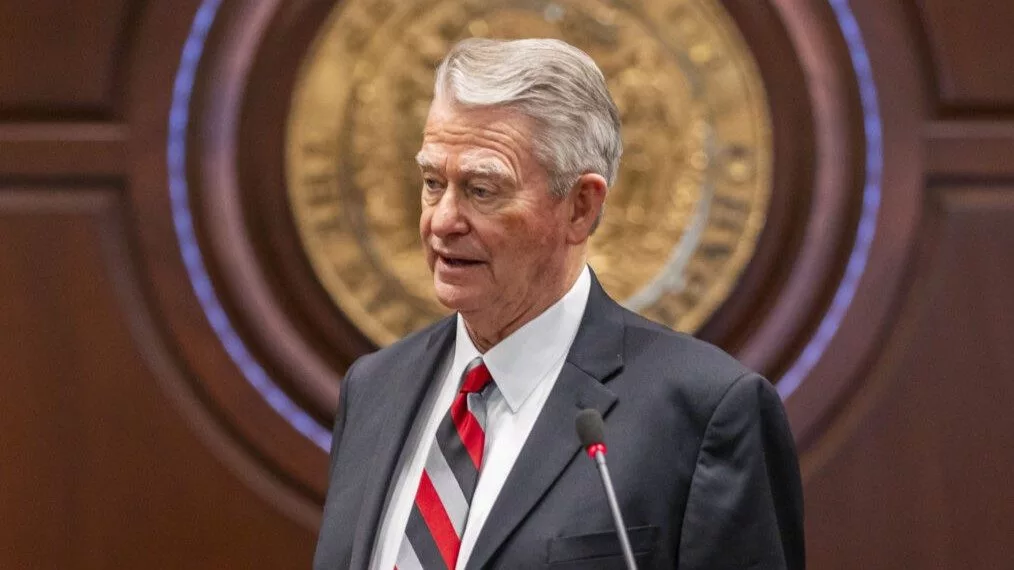BOISE, ID – Less than an hour after the Idaho Legislature passed its final bill of the year on Friday — the so-called medical freedom act — Gov. Brad Little already signed it into law.
The new broad medical mandate ban bill, Senate Bill 1210, will bar Idaho businesses, government entities, schools and colleges from restricting entry, employment or services based on requirements for medical interventions — like vaccines, medical diagnosis or treatment.
Little vetoed an earlier version of the bill, saying he worried the original bill “jeopardizes” schools’ ability to send home sick kids. The tweaked bill he later signed carves out an exception for that.
Idaho’s new medical requirement ban law takes effect July 1.
The Legislature adjourned for the year Friday afternoon.
But as Idaho’s governor, Little still has to decide what to do with more than a dozen bills on his desk — at least as of Monday night.
During the legislative session, Little only has five days to decide on bills. But once the Legislature adjourns for the year, Little has a 10-day deadline on bill actions.
Little has not yet taken action on at least two health bills, including House Bill 109, that will require Idaho to seek federal approval to stop covering candy and soda in the federal Supplemental Nutrition Assistance Program, or SNAP.
A bill that would make ivermectin available in Idaho over-the-counter, without a prescription or health care provider consultation, Senate Bill 1211, still awaits the governor’s action. The drug, normally used to treat parasites, gained fame during the pandemic after false claims that it was effective in treating COVID-19.
The governor has three options on bills: sign them into law, allow them to become law without his signature, or veto them.
Idaho Capital Sun is part of States Newsroom, a nonprofit news network supported by grants and a coalition of donors as a 501c(3) public charity. Idaho Capital Sun maintains editorial independence. Contact Editor Christina Lords for questions: info@idahocapitalsun.com.





